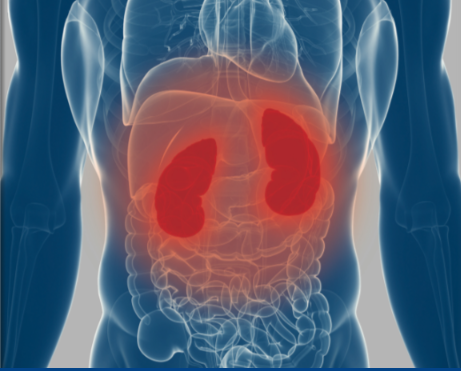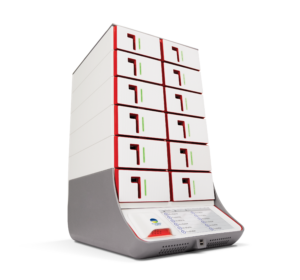Renal Complications in Sepsis Patients: The Importance of Timely Therapy
Sepsis, or the body’s extreme response to infection, is a life-threatening medical emergency. Every year, over 30 million people globally are diagnosed with sepsis, with over 5 million of them eventually succumbing to infection.1 In the United States, an estimated 1.7 million adults develop sepsis annually, and 350,000 die.2
The condition occurs when the immune system releases chemicals into the bloodstream to fight an infection, which then triggers a chain reaction of inflammation throughout the body. This means that a sepsis diagnosis can be just the beginning.
The infection can affect organ function and even lead to permanent damage. Those who are critically ill are particularly susceptible to sepsis-related complications, including sepsis-associated acute kidney injury (SA-AKI).
Timely antibiotic treatment (i.e., within the first hour of hypotension or sooner) can improve patients’ chances at survival and decrease the incidence of SA-AKI.3






